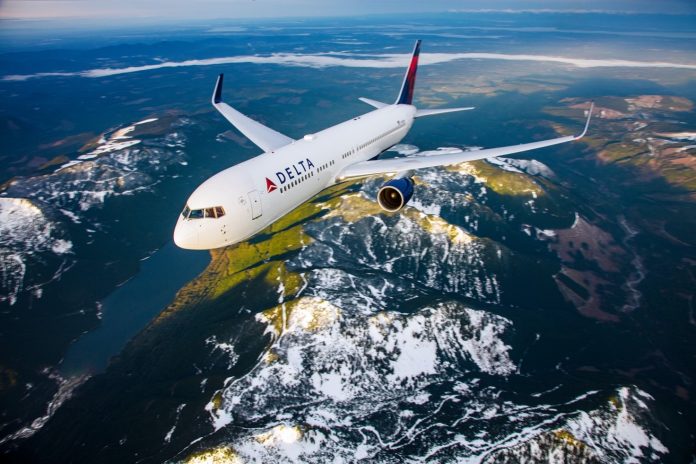Delta Air Lines has scheduled the launch a new service between Detroit and Reykjavik in Iceland that will commence just days before Icelandair enters the market.
The US carrier will begin flying between Detroit Metropolitan Wayne County and Reykjavik Keflavik from May 15, 2023. Service will be four times per week using Boeing 757-200 aircraft.
“Delta is excited to further connect the US and Iceland with new service to our hub in Detroit. Launching in summer 2023, this route will bring the total number of flights between the countries to 36-weekly,” a spokesperson for Delta said.
Atlanta-based Delta’s plans come less than a week after Icelandair announced a new KEF-DTW connection during the northern summer 2023 season, which was set to become the first nonstop link in four years. However, with Icelandair’s start date slated for May 18, Delta will now pip the Icelandic carrier to the post.
Data provided by OAG Schedules Analyser shows that Delta’s flights on the 4,480-km (2,419-nm) route will be available on Mondays, Wednesdays, Thursdays and Sundays on the eastbound leg. Westbound services will operate on Mondays, Tuesdays, Thursdays and Fridays.
The schedule is in place for the summer 2023 season. OAG shows that operations will continue during winter 2023/24, reducing to 2X-weekly.
Meanwhile, Icelandair also plans to offer four flights per week between Reykjavik and Detroit on Mondays, Tuesdays, Thursdays and Fridays during summer 2023. Flights will operate through Oct. 30 using a 160-seat Boeing 737-8 aircraft.
Once both routes are operational, Delta will provide about 1,544 two-way weekly seats between the destinations, while Icelandair will offer 1,280. This will give Delta about 55% of the market.
Detroit-Reykjavik was last served nonstop by defunct Icelandic LCC WOW air from April 2018 until its demise 11 months later in March 2019. O&D traffic between Detroit and Iceland dropped to 25,923 two-way passengers in 2019 following WOW’s exit, Sabre Market Intelligence data reveals. This compares with 45,372 in 2018.
























